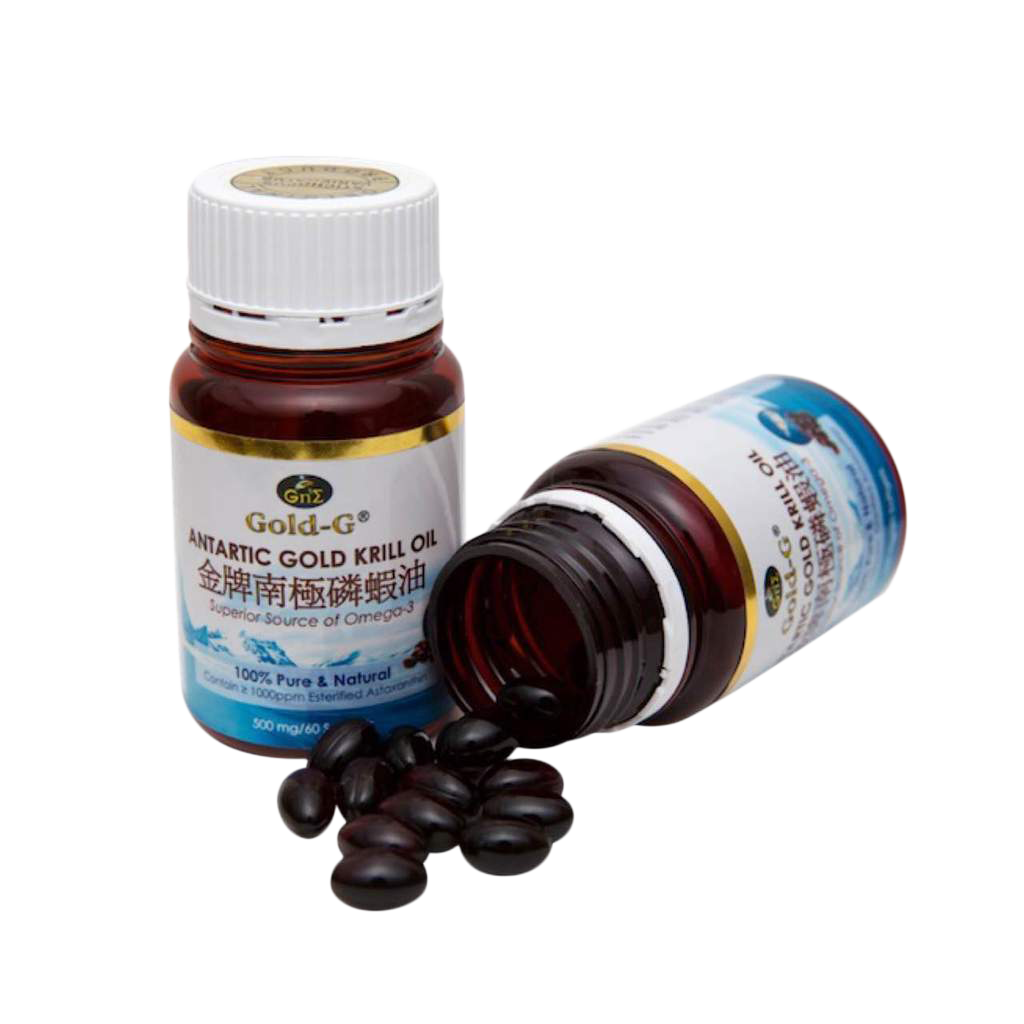- Abdominal obesity : waist circumference of greater than 40 inches in men, and greater than 35 inches in women.
- Low HDL cholesterol level : HDL cholesterol of less than 40 mg/dL in men, and less than 50 mg/dL in women.
- High triglyceride level : triglyceride level of 150 mg/dL or greater.
- High blood pressure : blood pressure is 130/85 mmHg or greater.
- High blood glucose : fasting glucose of 100 mg/dL or greater.
These are the key indicators of having metabolic syndrome. It is estimated that 20–25% of the adult population worldwide suffered from metabolic syndrome. People with metabolic syndrome are also having two times the risk of developing cardiovascular diseases, and five times more likely to get diabetes!
How to get rid of metabolic syndrome?
In order to control blood lipids level, American Heart Association (AHA) recommended patients with high triglycerides level should take 2 to 4 g/day of omega-3 fatty acids. This could help the patients to reduce triglycerides in their body. Since 2004, several types of prescriptions with omega-3 fatty acid agents have been approved by the US Food and Drug Administration (FDA) to treat patients with very high triglyceride level. Subsequently, there is an increasing number of scientific studies investigate the efficacy of omega-3 fatty acids in reducing blood lipids and improving metabolic syndrome.
The researchers recruited 120 patients with hyperlipidemia and treated them with krill oil for 90 days in a randomized controlled trial. The result showed patients that took krill oil 1 – 3 g daily have significantly lowered down their blood glucose, total cholesterol, triglycerides, and low-density lipoprotein (LDL) cholesterol. It also increased patients’ high-density lipoprotein (HDL), and effective for the management of hyperlipidemia.
Krill oil is indeed one of the best choices among other omega-3 supplements. It not just purely contains omega-3 fatty acids in phospholipid form, but it also contains a natural antioxidant called astaxanthin that enhances our cardiovascular health more than other kinds of omega-3 supplements.
Why is omega-3 fatty acids in phospholipid form better? Because phospholipids are the primary structures of human cell membranes. Therefore, omega-3 fatty acids in phospholipid form could be more effectively absorbed into the body and utilized by our body cells.
Moreover, Astaxanthin from the krill oil is actually a powerful antioxidant. It could reduce the risk of cardiovascular disease because it is a great active ingredient that could improve oxidative stress, inflammation, lipid metabolism, and glucose metabolism.

GNE Gold Krill Oil
Gold Krill Oil is an excellent krill oil supplement. Each 500 mg krill oil softgel contains 140 mg of omega-3 fatty acids, 210 mg of phospholipids, and up to 1000 parts per million of astaxanthin!
Gold Krill Oil is manufactured by the factory which is certified by Good Manufacturing Practices certification, Food Safety System certification, and Hazard Analysis and Critical Control Point certification.
Besides, the factory has obtained the Friend of the Sea certification and registered as a member of the Global Organization of EPA DHA Omega-3s (GOED). The factory also holds a unique patent for the krill oil extraction technology!
Click the link below for direct purchase.
References:
- https://www.heart.org/en/health-topics/metabolic-syndrome/about-metabolic-syndrome
- https://cegh.net/article/S2213-3984(20)30009-9/fulltext#secsectitle0125
- https://www.ahajournals.org/doi/full/10.1161/CIR.0000000000000709
- Bunea R, El Farrah K, Deutsch L. Evaluation of the effects of Neptune Krill Oil on the clinical course of hyperlipidemia. Altern Med Rev. 2004;9(4):420-428. https://pubmed.ncbi.nlm.nih.gov/15656713
This website does not provide medical advice. The content of this website, such as graphics, images, text and all other materials, is provided for reference and educational purposes only. The content is not meant to be complete or exhaustive or to apply to any specific individual’s medical condition. Always seek the advice of your doctor or other qualified health provider regarding a medical condition.




